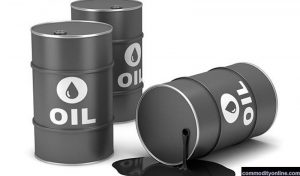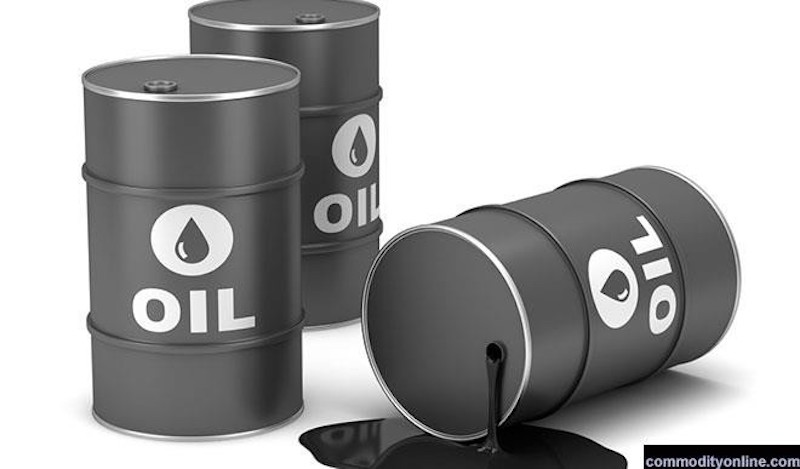For the first time in several months, Brent crude oil reached its highest price yesterday, hitting the $120.50 per barrel mark, while West Texas Intermediate (WTI) rose to $116 a barrel. The rise comes amid lingering concerns over supplies from Russia to propel crude to its highest level in two months.
The rally in crude oil comes as supplies of refined products, such as petrol, remain tight at major delivery hubs at a time when demand is expected to pick up steam in many countries, including the US.
But what does the spiraling oil price mean for Nigeria? With the year’s budget benchmarked at $62 per barrel, can the country take advantage of this opportunity to further boost its revenue earnings?
Chief Executive Officer, Centre for the Promotion of Private Enterprise, Dr. Muda Yusuf, described the rising global crude oil price as a “penalty” for the economy. He explained that the development would translate to more foreign exchange and revenue earnings for the country; more profits for the oil companies operating in Nigeria and for other stakeholders in the oil sector.
However, Yusuf said this could not be celebrated because the country’s oil sector has been grossly mismanaged, thereby making the oil boom presently being experienced a double edged sword for the country.

“The rising oil price cannot be celebrated by Nigeria because it penalises the economy and this is a paradox. The implication of this rise in oil price is that our import bill for petroleum products is going to go up; the subsidy payment on petrol is going to increase. If this trend continues this way in another six months, then Nigeria should be looking at a subsidy cost of about N5 trillion or more,” Yusuf said.
He explained that since government is keen on retaining subsidy, the profits that should have accrued from the galloping oil price will be totally consumed by subsidy. Consequently, he said, the rate of petrol smuggling will also increase because smugglers will take advantage of the subsidised product from the country to enrich their pockets.
“The differential in price between the Nigerian petrol and that of other countries will increase significantly thereby necessitating an increased smuggling because of the higher profit margin. If smuggling increases, the amount of petrol that we claim to be consuming locally will also increase because of the relative price and the wide margin. Presently local fuel consumption is estimated at 60 million litres daily,” Yusuf said.


